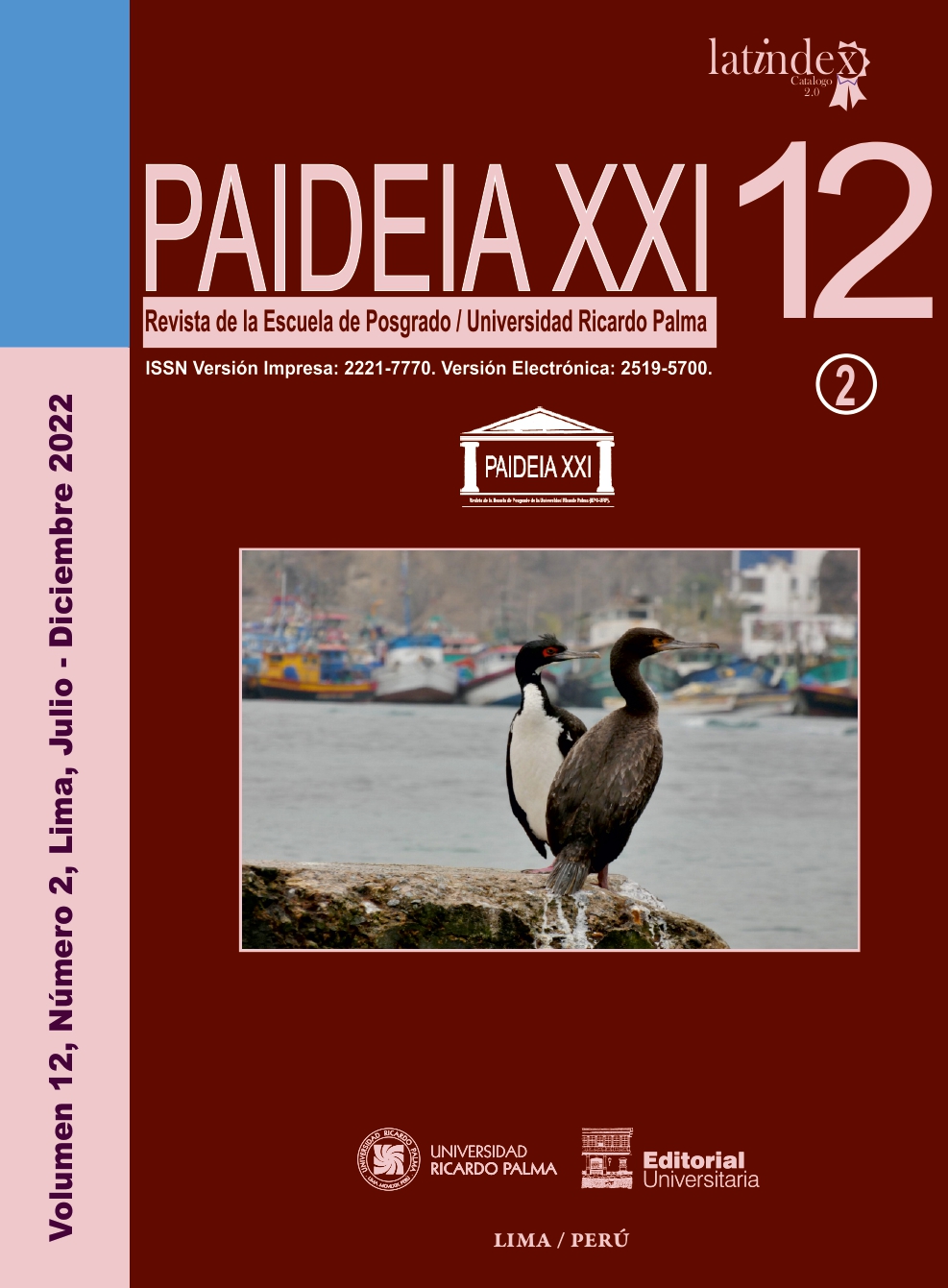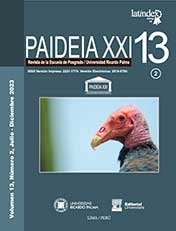SYMBIOTIC BACTERIA IN PEANUT CROP: A REVIEW
DOI:
https://doi.org/10.31381/paideiaxxi.v12i2.5012Keywords:
Arachis hypogaea, fijación biológica, Rhizobium, simbiosisAbstract
The objective of this work is to collect information on the importance of symbiotic bacteria in peanut cultivation. Peanuts are of great economic importance, being present within the four most important grains in the world. Its wide distribution ranges from Asia, Africa, America, and South America. The entire biological process of a legume is carried out in the root system where the Rhizobia that are part of the root nodules are responsible for fixing nitrogen independently, this process is responsible for triggering the growth, development, and performance of plants. The symbiotic bacteria present in the soil are responsible for fixing nitrogen, as well as nitrate and ammonium, these bacteria take nitrogen from the air, giving rise to compounds capable of being incorporated into the composition of living beings and the soil. Rhizobacteria have advantages related to the promotion of plant growth, through the aerial part and the root, inducing the production of growth-inducing hormones in plants and helping to provide nutrients to the roots. A decrease in chemical fertilizers by symbiotic bacteria or rhizobacteria can change production techniques in the world because they are highly effective for legumes such as peanuts.
Keywords: Arachis hypogaea – biological fixation – Rhizobium – symbiosis












